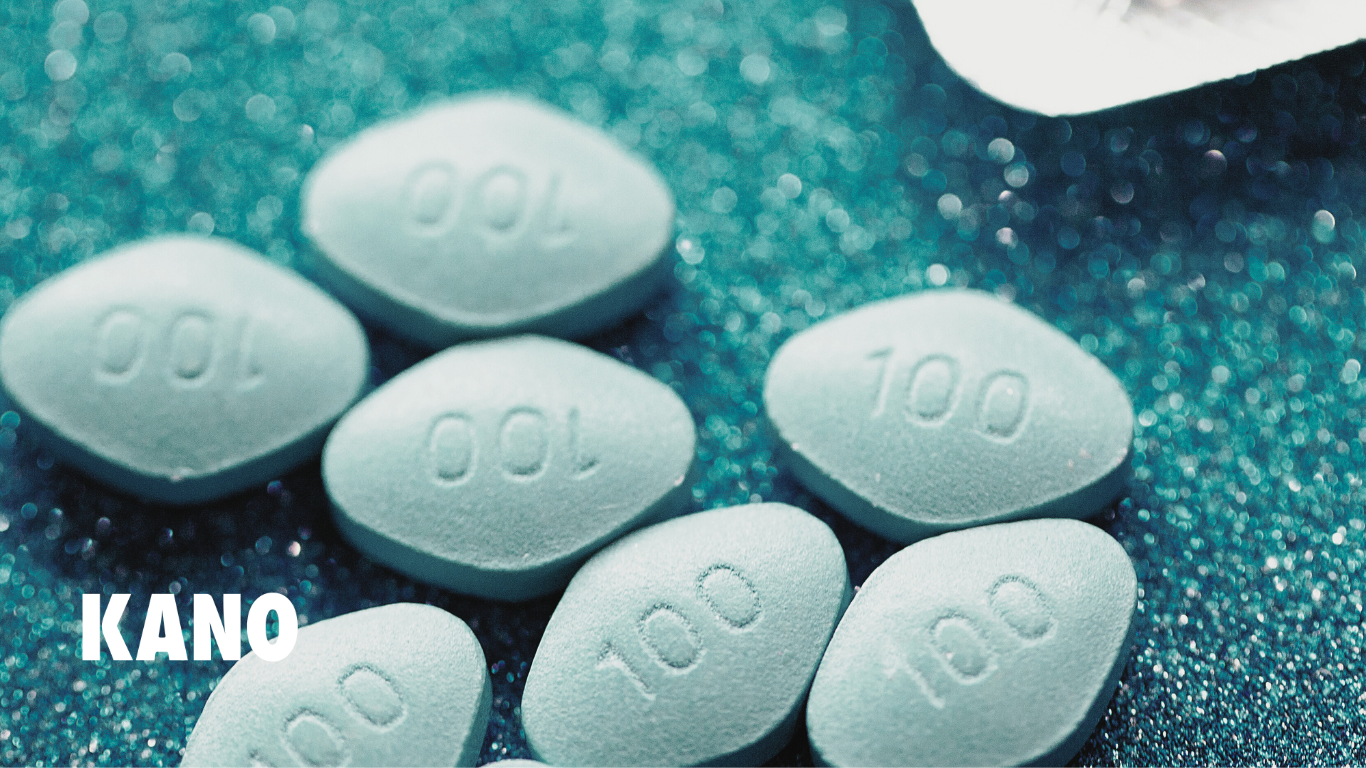Erectile dysfunction: chemical and organic causes
Harmful substance consumption
You know, what you put into your body is not always without consequences.
While it is commonly accepted that tobacco is bad for health, you might not know that it is one of the recurring and major causes of erectile dysfunction. By affecting your arterial flow, it could be the cause of your erection loss during intercourse. Over the course of the evening, you have consumed alcohol, you are looking forward to a special moment but it does not go as planned. Alcohol, especially excessive consumption, is strongly advised against if you wish to have a satisfactory erection.
Cocaine, marijuana, amphetamines, barbiturates, synthetic drugs... The list of recreational drugs to avoid is long.
.Taking certain medications
Every medication has possible side effects. And some can cause erectile dysfunction.
Blood pressure medications, when associated with cardiovascular disorders, can have detrimental effects on your sex life. Similarly, antidepressants, anxiolytics, neuroleptics, and anti-HIV treatments can be responsible for your erectile dysfunction. If these problems are recent and coincide with the start of a new treatment, discuss it with your prescribing doctor who may be able to adjust the dosage.(5)
Lifestyle.
Like any organ, the penis functions well if your lifestyle promotes its health.
Engaging in regular physical activity, for example, reduces the prevalence of erectile dysfunction, especially in men over 50 years old. Your diet is also crucial. Maintaining a BMI referred to as 'normal' would decrease the likelihood of experiencing erectile dysfunction. According to the scientific committee of the RNPC network (7), overweight men are 2.5 times more likely to suffer from erectile dysfunction.
Erectile dysfunction: psychological causes
You're in the moment, having a good time, and suddenly the thought of your performance causes your erection to subside? This is very common and stems from the 'cult of performance' associated with male sexuality, which can cause stress in many men.
Sexuality is not a competition. If your erections are not as strong and lasting as you would like, there are many ways to find pleasure. Demystifying penetration can help you gain perspective.
Anxiety, distress, low self-esteem, decreased libido... A depressive state can also cause erectile dysfunction.
Problems between partners or within your relationship can also contribute to erectile dysfunction. Communicating with your partner is important and can prove to be lifesaving.
How can you stop losing your erection during intercourse?
If the causes of your erectile dysfunction are varied, there are also multiple ways to improve it, offering several treatment options, even combining them.
Psychological, medicinal... Let's review your options.
Adopt a healthier lifestyle
We have seen it, your habits play a decisive role in your sexual vitality.
Reducing alcohol abuse and quitting smoking are initial steps for improvement. Engaging in regular physical activity, getting good sleep, and adopting a better diet is also beneficial. Fruits, vegetables, nuts, fish... All are foods that promote satisfactory erectile function.
Make sure to avoid the consumption of recreational drugs, as they are bad for your health and sexual vitality.
Have your medications prescribed
Phosphodiesterase type 5 inhibitors are the classic treatment for erectile dysfunction, which promote blood flow to your penis by acting on its smooth muscles. Viagra®, Cialis®, Levitra®, Spedra®... All four PDE5 inhibitors are available by prescription, for use as needed, or daily for Cialis® 5mg. They should be taken on average 1 hour before sexual intercourse, and, when combined with sensory stimulation, have an effectiveness duration ranging from 4 to 36 hours for Cialis®.
Start sexual therapy
If you feel that your erectile dysfunction stems from a sense of unease that you tend to ignore, talking to a professional can significantly improve your sex life.
Various therapies can be considered, whether it's to treat depression, chronic anxiety, or performance stress. Your mental health is just as important as your physical health, and taking care of it can resolve many personal issues.
Let's summarize what you need to remember about your erectile dysfunction during intercourse:
It's something that happens frequently to many men, and there are solutions.
When there is a complete inability to achieve an erection, one must question its origin to rule out any suspicion of a more serious problem.
This can be improved by transitioning to healthier lifestyle habits.
Medications, which are very easy to take, are available by prescription to address this issue.
Your mental health is important! If you feel depressed, talk to a professional. And if it's your erectile dysfunction that's bothering you, it's also crucial to talk about it. Solutions are available.









